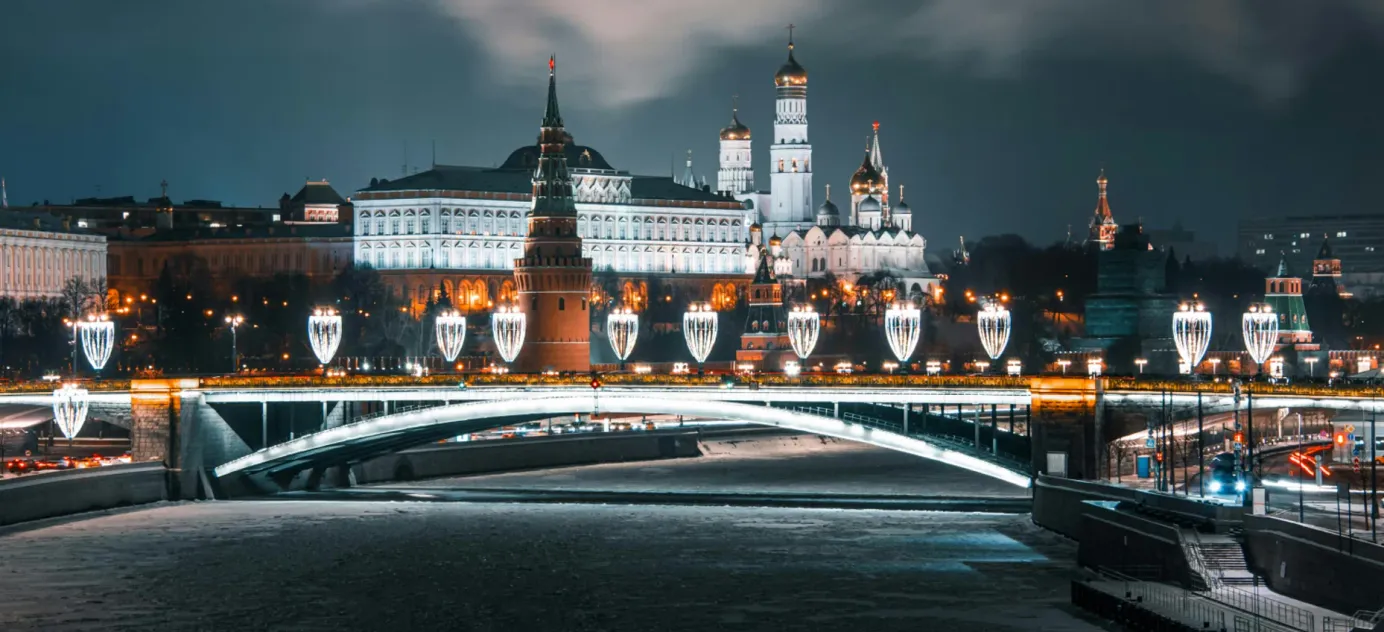
The killing of Vladlen Tatarsky could spark a crackdown
Vladlen Tatarsky, one of Russia’s best-known pro-war bloggers, was killed by an IED on Sunday evening while he delivered a speech in a bar in St. Petersburg. According to official reports, 30 people were injured in the blast. This assassination will have far greater repercussions than the murder of Daria Dugina, the daughter of nationalist ideologue Alexander Dugin, last summer. The authorities have already accused jailed opposition leader Alexei Navalny’s supporters of orchestrating the attack and pro-war Telegram channels are demanding that the entire liberal opposition should be held to account.
- Tatarsky’s murder was dramatic. On Sunday evening the pro-war blogger was speaking at Street Food Bar № 1, owned by the leader of mercenary group Wagner, Yevgeny Prigozhin. During one of the intervals, a young woman apparently came to Tatarsky and presented him with a gift — a plaster bust depicting the man himself. Eyewitnesses recalled how Tatarsky asked the girl to sit with him, but she got nervous and refused — eventually taking a seat some distance away. Five minutes later, the sculpture exploded. Tatarsky was killed instantly and 32 others were injured.
- Tatarsky’s real name is Maxim Fomin and his life was as dramatic as his death. According to his own words, he was born in Makiivka in Ukraine’s eastern Donbas Region and spent most of his life there. His father and grandfather were miners and he also worked in the coal mines after leaving school. Then, he set up a furniture retail business and opened several stores. However, the business was unsuccessful and, due to his financial worries, Tatarsky robbed a bank in 2011. He was jailed, but in 2014 he escaped when his prison was shelled. Amid the violence of a separatist uprising fomented by Russia, he joined a rebel militia in the self-proclaimed Donetsk People’s Republic. Later, in neighboring separatist Luhansk, he served in an intelligence unit under the codename “Professor” and wrote an autobiography. Later, he was jailed once again — only to be pardoned by Alexander Zakharenko, the leader of the Donetsk People’s Republic who was himself assassinated in a 2018 bombing.
- After retiring from military service in 2019, Fomin moved to Moscow and started a blog. He also launched a Telegram channel under the pseudonym Vladlen Tatarsky. When Russia invaded Ukraine, he joined the so-called Vostok battalion and “reported on events” from the frontline, including the assault on the Azovstal plant in Mariupol. By his own admission, Tatarsky engaged in “military propaganda” in cooperation with the Wagner-associated Telegram channel Reverse Side of the Medal. Tatarsky’s Telegram channel has more than 500,000 subscribers.
- In one interview, Fomin claimed that he wished to bring about “the total destruction of the Ukrainian state” and to “cure [Ukrainians] of Russophobia.” Last September, he was invited to the ceremonial signing of the Russian decree that annexed four occupied regions of Ukraine. In the halls of the Kremlin, he recorded a video message to his followers, concluding with the words: “We will defeat everyone, we will kill everyone, we will take everything we need, everything will be how we want it.”
- There was confusion in the initial Russian response to the explosion. After a few hours, anonymous sources within the security forces announced that a suspect had been detained. However, overnight it emerged that this was not true. But, at about 11:00 a.m. the following day a young woman was arrested. The suspect is 26-year-old Daria Trepova, a feminist activist well known in St. Petersburg. A year ago, she was jailed for 10 days following an anti-war protest. After her arrest, Trepova said that she had been “used” but did not say by whom. Pro-Kremlin media have not questioned this explanation. In one version, an unidentified “curator” handed the bust to Trepova, telling her it contained a listening device. Officially, Trepova was arrested on charges of “organizing a terrorist act.” She faces at least 15 years in jail, with a maximum sentence of life imprisonment.
- Unlike a previous comparable assassination — the killing of Dugina — the Russian authorities quickly decided on their version of events. By Monday afternoon, the National Anti-terrorist Committee had stated that the killing “was planned by Ukrainian secret services with the involvement of agents from [Navalny’s] FBK, of which Trepova is an active supporter.”
Why the world should care
The statements from Russian security officials about the role Navalny’s supporters played in the explosion make two things clear. Firstly (and the Russian authorities came close to directly acknowledging this), the authorities intend to use the situation as a pretext to root out any remnants of Navalny’s organization within Russia. Secondly, unlike the Dugina killing, which was immediately blamed on Ukrainians, this time the Russian opposition has been apportioned its share of responsibility. This makes it highly likely that the explosion will trigger a new crackdown inside Russia.





